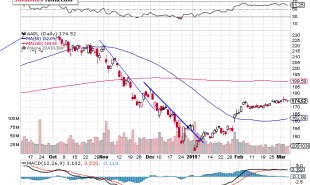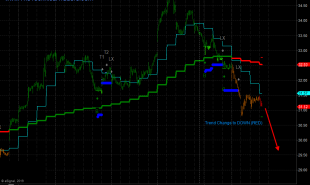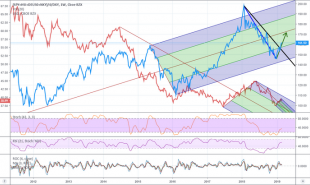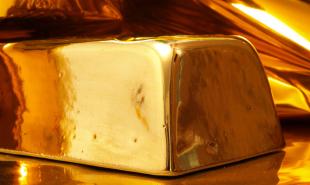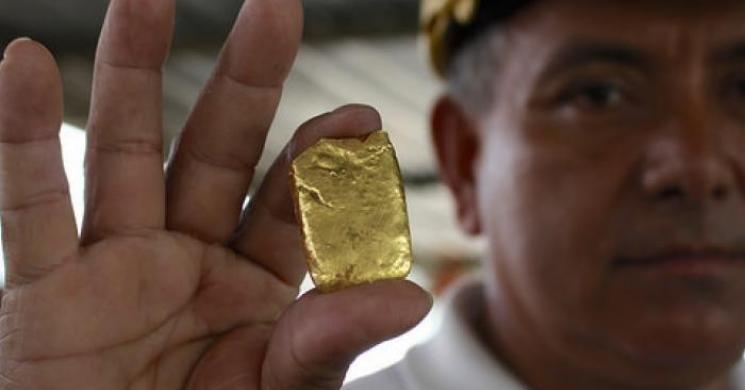
(Translated from Spanish)
Colombia Lodges International Complaint for Illegal Gold Purchases
Less than a fifth of this mineral is produced legally, and part of the annual production is controlled by illegal armed groups.
To try to control the illegal extraction of gold and the sale to the international markets of the same, the Colombian government asks to take actions similar to the one of the diamond industry.
Colombian Minister of Mines and Energy, German Arce calls for responsible buying:
"Here there is a responsibility on the part of the buyers to be certain of the source of the gold they are buying,"
He continued, adding that central banks may be complicit in their own government purchases:
The main fear is that much of the gold extracted illegally is reaching the vaults of the central banks.
Less than a fifth of Colombian gold is produced legally, with much of the annual production of 60 tons controlled by illegal armed groups.
In a range from large-scale operations to individual miners who move in streams and often deliver a percentage to local mafias.
In addition to financing the Colombian conflict over five decades, illegal mining poisoned rivers with mercury and led to deforestation.
Production in countries such as Colombia, Ecuador and Peru, where a significant amount of gold is extracted illegally, is increasing its share of total world production, according to Arce.
GOLD SHOULD BE TREATED THE SAME AS DIAMONDS
The Kimberley Processes were formed in 2000 to ensure that diamond purchases did not finance the violence of the rebel movements.
They represent 81 countries, including the United States, European Union countries, Russia, China and South Africa. Colombia has complained in forums organized by the UN, the Organization for Economic Cooperation and Development and others, in its effort to draw attention to the issue.
According to the Attorney General's Office, gold exports can be used to launder profits from drug trafficking. In 2015, Colombian prosecutors arrested top executive John Hernandez and other top executives of a Medellin-based gold trading company called CI Goldex SA, claiming that it was at the center of a $ 970 million money laundering scheme , One of the largest in the country's history.
The case is still ongoing, with Hernandez and the other executives declaring his innocence.
Gold refineries have certificates of business practice from organizations such as the London Bullion Market Association and the Responsible Jewelery Council. Despite this, they buy more gold from Colombia than the country legally produces, making it impossible for everything to be legal.
Read more by Soren K.Group




